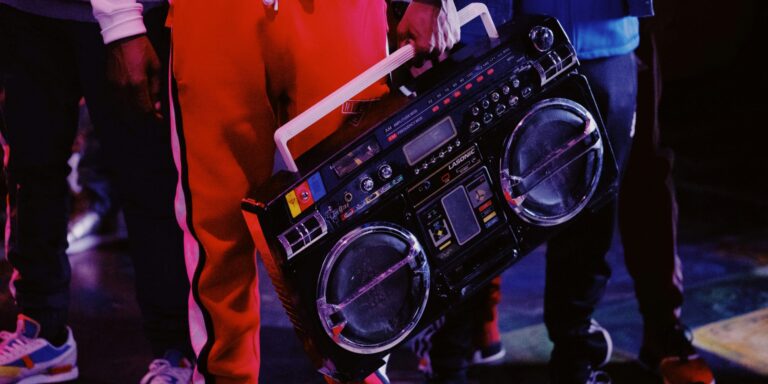On September 15, 2023, New York City lit up with a celebration like no other as Madison Square Garden hosted the “Hip Hop Forever” concert—a dazzling tribute to hip-hop’s 50th anniversary. Curated by iconic DJ Funk Flex and produced in collaboration with top local radio stations, the night brought together an extraordinary lineup of performers and fans in a powerful homage to a genre that has defined generations.
The gala paid tribute to hip-hop’s roots, its evolution, and its lasting influence on music, fashion, and culture across the globe. With over 20,000 people in attendance, it was an evening brimming with nostalgia, talent, and cultural pride.
A Legendary Lineup Rocks the Garden
The concert featured an all-star roster that reflected both the old-school heart and the modern-day edge of hip-hop. From legendary collectives to chart-topping solo acts, each artist brought their unique flavor to the stage.
Wu-Tang Clan electrified the crowd with a high-energy set that spanned their decades-long career. Their performance underscored the collective’s enduring relevance and lyrical prowess.
Mary J. Blige followed with a soul-stirring performance that fused hip-hop and R&B, bridging the generational divide. Her vocal delivery and emotional intensity drew standing ovations.
Sean Paul’s dancehall-infused set had the audience moving to global rhythms, reminding fans of the genre’s Caribbean roots and international reach. Meanwhile, EPMD brought the house down with classic East Coast hits, reigniting memories of hip-hop’s golden age.
In addition to the musical performances, the evening was hosted by music icons Mariah Carey, Maxwell, and Tyrese. Their presence brought a sense of unity and reverence, offering heartfelt tributes and personal reflections on the genre’s cultural footprint.
A Cultural Milestone
The “Hip Hop Forever” concert was more than an entertainment spectacle—it was a milestone in American cultural history. Born in the Bronx on August 11, 1973, hip-hop began as a voice for marginalized youth. Over the decades, it has evolved into a global phenomenon influencing art, language, politics, and business.
The Madison Square Garden event celebrated not only the music but also the movement. Through choreographed dance sequences, archival footage, and visual art installations, the concert told the story of hip-hop’s rise from park jams and block parties to Grammy stages and presidential playlists.
Beyond nostalgia, the evening carried a message of empowerment. Artists used their platforms to address themes of resilience, community, and social justice—core tenets of hip-hop culture. It was a reminder that while beats and rhymes may entertain, they also educate and mobilize.
A Yearlong Celebration
The concert was part of a broader yearlong celebration honoring hip-hop’s 50th anniversary. From museum exhibitions to Grammy tributes and city-sponsored events, the genre received recognition from every corner of the entertainment world.
Earlier in the year, Hip Hop 50 Live at Yankee Stadium brought together stars like Nas, Snoop Dogg, and Lil Wayne. Meanwhile, major award shows dedicated entire segments to recognizing pioneers and innovators of the genre.
In the Bronx, where it all began, community centers and cultural institutions hosted workshops, block parties, and educational panels, ensuring that the next generation understands the genre’s deep-rooted history and ongoing impact.
The Legacy Continues
As hip-hop steps into its next 50 years, its influence shows no sign of slowing. From TikTok trends to Super Bowl halftime shows, from classroom curricula to haute couture fashion runways, hip-hop continues to shape the cultural narrative of America and beyond.
The “Hip Hop Forever” gala encapsulated not just a celebration of the past but a declaration of the future. It honored the architects of the genre while inspiring the artists of tomorrow. For one unforgettable night, Madison Square Garden stood as the beating heart of hip-hop—past, present, and future.


